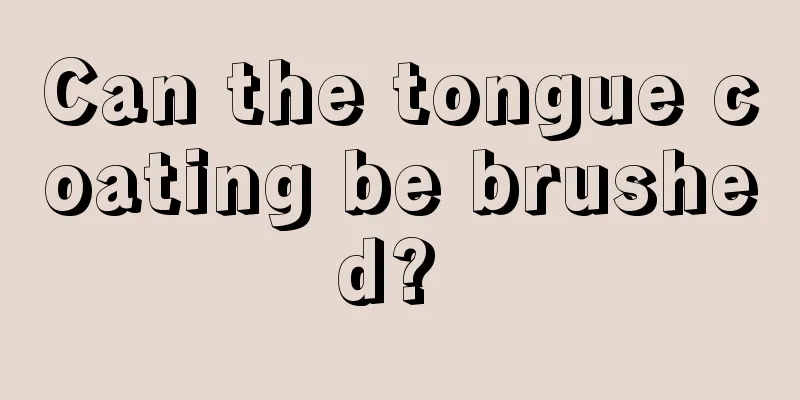Wisdom tooth root canal treatment

|
Many people have wisdom teeth. Some people have them in their twenties, while others grow wisdom teeth in their thirties. However, most people's wisdom teeth do not grow in a standard shape, and some even grow crooked. Such wisdom teeth are not suitable to be kept, and it is best to have them removed. However, some wisdom teeth grow like normal teeth but are prone to inflammation. In this case, root canal treatment of the wisdom teeth can be performed, which will be effective more quickly. 1. Is it necessary to do root canal treatment if the wisdom tooth is broken? If wisdom teeth are damaged, just remove them. There is no need to do root canal treatment. Root canal treatment is a waste of time, money, and pain. Moreover, if the root canal is not done thoroughly, it will become inflamed in the future. 2. What is root canal treatment? Root canal therapy is the most commonly used and effective treatment method for pulp disease and periapical periodontitis internationally. The principle of root canal therapy is to remove most of the infected substances in the root canal by mechanical and chemical methods, and to prevent the occurrence of periapical lesions or promote the healing of periapical lesions that have already occurred by filling the root canal and sealing the crown. 3. Risks of root canal treatment During root canal treatment, the doctor can only have a general understanding of the root canal system based on X-rays or apex locators. In case of complex root canals (curved, narrow, calcified and blocked, instrument broken, lateral penetration) or other special situations, the difficulty of root canal treatment increases, special equipment and materials need to be used, and the treatment time will be increased accordingly. Instrument breakage may occur during complex root canal treatment. It is not required to forcibly remove the broken instrument. The instrument can remain in the root canal and be checked regularly. 4. Re-treatment of root canal treatment There are a few cases where root canal treatment is unsuccessful and where conventional root canal treatment is unsuccessful or cannot be treated. Some cases can be treated further with apical surgery, while others can be treated with extraction. During and after root canal treatment, teeth are prone to splitting, which may lead to tooth extraction. If the tooth defect is large, please follow the doctor's instructions to promptly perform crown restoration after treatment. |
<<: What will happen if root canal treatment is not done
>>: How many root canals does a tooth have
Recommend
Will pregnancy be affected after ovarian cancer?
As the social environment continues to change, th...
What is the cause of bleeding between teeth
The phenomenon of bleeding between teeth needs to...
What is the best way to treat gastric cancer
Some gastric cancers cannot be treated surgically...
Anal swelling and pain, can't pull out
The symptoms of anal swelling and pain, and being...
What causes ear nerve pain?
The ear is a very important part of our body. It ...
What are the vegetables that can detoxify?
Recently, many people do not pay attention to bod...
What are the dangers of cleansing cream
As living conditions are getting better and bette...
What's wrong with the black toenails on my big toes
Why does the thumb nail turn black? This is a sit...
Is there any specific medicine to treat the sequelae of shingles?
I believe that in life, there is no disease more ...
What are the differences between the symptoms of gastrointestinal cancer and gastroenteritis
Gastroenteritis and gastrointestinal cancer are b...
How to check if you have liver cancer?
Liver cancer patients will have digestive problem...
How to quickly eliminate the smell of paint?
In daily life, I believe that for many workers en...
Lip cyst surgery
Lip cyst surgery is unfamiliar to most people. It...
How much do you know about the symptoms of pancreatic cancer?
What are the symptoms of pancreatic cancer? Many ...
The harm and treatment of rectal effusion
In recent years, due to unreasonable diet and lac...









